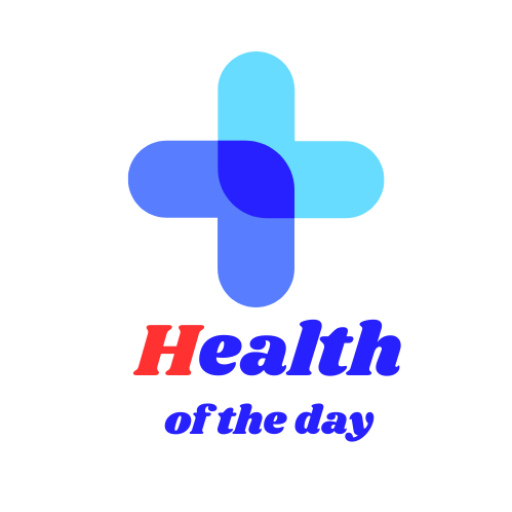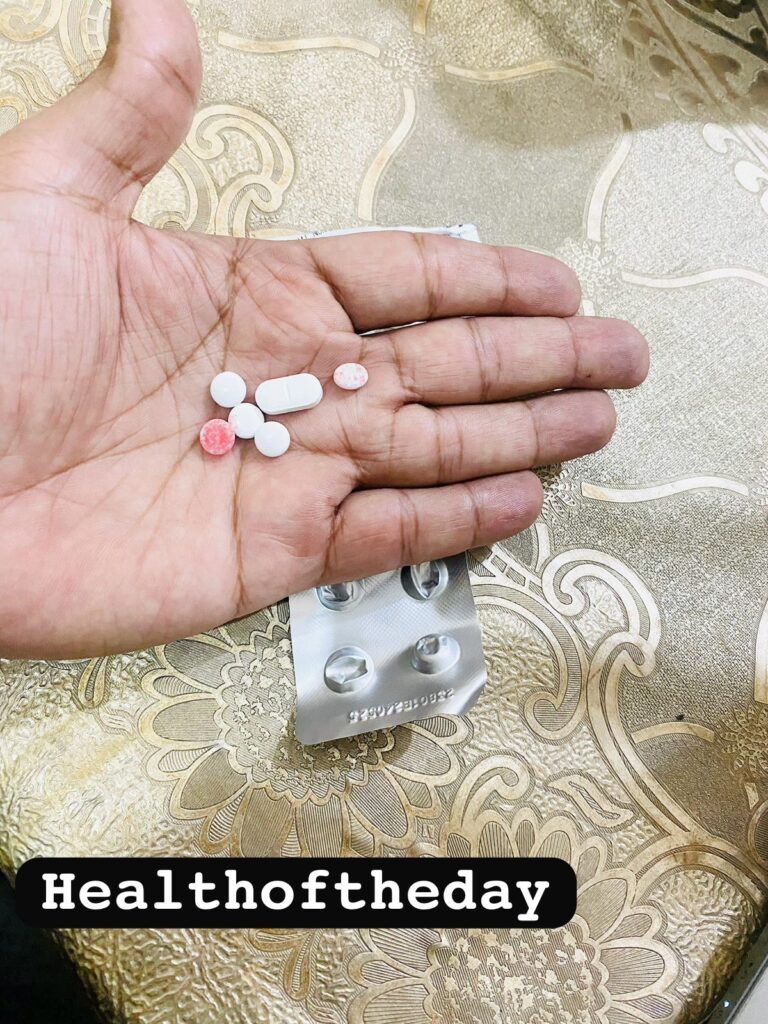The healthcare market is undergoing a transformative shift, driven by technological advancements, changing patient needs, and a growing focus on preventive and personalized care. Here are some of the key trends shaping the future of healthcare:
1. Digital Health and Telemedicine
- The pandemic accelerated the adoption of telemedicine, and it continues to be a vital aspect of healthcare delivery, especially for remote consultations and chronic disease management.
- Wearable devices and remote patient monitoring tools are also helping doctors gather real-time data, facilitating early diagnosis and continuous health tracking.
2. Artificial Intelligence (AI) and Machine Learning
- AI applications in healthcare, from diagnostics to predicting patient outcomes, are reshaping the way healthcare providers approach treatment.
- AI-driven imaging tools, virtual health assistants, and predictive analytics for patient care and hospital management are making healthcare more efficient and personalized.
3. Personalized and Precision Medicine
- Genomics and biotechnology are paving the way for personalized treatments based on an individual’s genetic profile.
- Precision medicine aims to customize treatments to the unique genetic makeup of each patient, which is especially impactful in cancer therapies and rare disease treatment.
4. Value-Based Care and Health Outcomes
- Healthcare systems are increasingly moving from fee-for-service models to value-based care, where providers are incentivized based on patient outcomes rather than service volume.
- This model emphasizes preventive care, chronic disease management, and cost efficiency, aiming to improve quality of care and reduce healthcare costs.
5. Mental Health and Wellness
- With a growing recognition of the importance of mental health, healthcare providers are integrating mental health services with primary care.
- Digital mental health solutions, like therapy apps and virtual counseling, are making mental healthcare more accessible and destigmatized.
6. Advanced Robotics and Minimally Invasive Surgery
- Robotics are being increasingly used in minimally invasive surgeries, allowing for precise operations with shorter recovery times.
- Robotic-assisted surgeries are becoming more accessible, helping to improve patient outcomes and reduce hospital stays.
7. Blockchain for Healthcare Data Security
- Blockchain technology is providing a secure framework for patient data, which is essential for data privacy and compliance.
- With blockchain, health records are becoming more interoperable and secure, allowing easier data sharing between providers while protecting patient privacy.
8. Preventive Healthcare and Wellness Programs
- There’s a growing emphasis on preventive care to manage and reduce the risk of chronic diseases.
- Wellness programs, health education, and workplace wellness initiatives are promoting healthier lifestyles and reducing healthcare costs associated with preventable illnesses.
9. Biopharma Innovations
- The biopharma sector is advancing rapidly with new drugs, gene therapies, and immunotherapies, especially in areas like oncology and rare diseases.
- mRNA technology, which gained prominence with COVID-19 vaccines, is now being explored for other treatments, including cancer vaccines.
10. Healthcare Consumerization and Patient Experience
- Patients are increasingly expecting convenient, high-quality experiences similar to those in other industries.
- Patient engagement platforms, digital appointment booking, and improved communication channels are helping enhance patient experience and loyalty.
11. Aging Population and Chronic Disease Management
- With an aging global population, the demand for chronic disease management, long-term care, and age-friendly healthcare solutions is rising.
- Geriatric care, remote monitoring, and specialized care for age-related diseases are becoming more prevalent, supported by both tech advancements and tailored policies.
Together, these trends represent a movement towards a healthcare system that is more integrated, data-driven, and focused on the patient’s overall well-being and experience. As these trends continue to evolve, healthcare is likely to become more personalized, efficient, and accessible to a broader range of people.
4o


